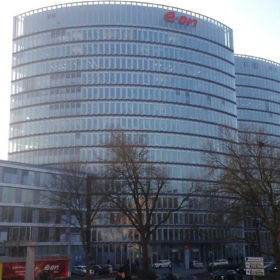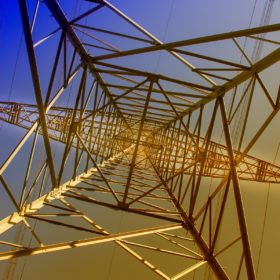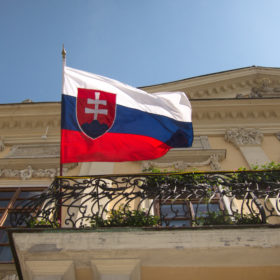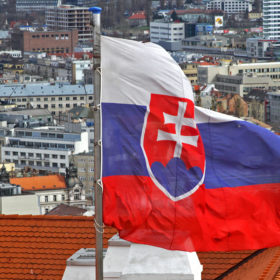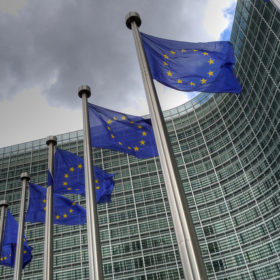Renewables generation cheaper than coal for many power companies – but not yet for Eskom
An investor tool examining the coal fleets of major global power companies has offered up analysis which flies in the face of arguments solar and wind generation could help turn around the debt-saddled South African utility.
Europe’s 2050 carbon neutrality plans back on the agenda
Reports about a leaked document suggest that Germany, Italy, Greece and Slovakia have joined a group of EU member states that support a carbon neutrality bill. Germany refused to support such plans in March, but with political support for the German Green Party skyrocketing, Chancellor Angela Merkel is likely to revise her government’s position. With Germany now on the ticket, a plan could be finalized at some point this year.
EU wants to know more about Eon’s bid to acquire Innogy
According to the Brussels authorities, the transaction could affect competition in the electricity and gas sectors. EU competition commissioner Margrethe Vestager wants to ensure there are no price increases as a result of the proposed takeover.
Slovakian utility ZSE launches virtual battery for residential PV
The service, costing €2 per month, is for residential customers that use PV products provided by the power company. The system is provided by E.ON group – a shareholder in the Slovak utility – and has already been launched in Germany, Czechia and Italy.
EU clean energy transition receives an €800 million boost
The funds will come from the Connecting Europe Facility. Around €504 million will be used for electricity infrastructure and smart grids and another €286 million will be devoted to gas. The remaining €9 million will be allocated to studies on the development of carbon dioxide transport infrastructure.
Europe moves further towards large-scale battery cell production
More than a dozen European ministers of economic affairs have released a statement setting out the next steps to turn Europe into an industrial hub for large-scale cell production. The role of SMEs and competition was highlighted as ministers said European cells should provide innovation in terms of raw material use and sustainability, hinting at a pivot away from lithium-ion.
Slovak homeowners want more solar and storage
In the first 2018 round for solar rebates, funds were allocated in just nine minutes. More than two thirds of the selected projects included a storage solution.
Slovakia’s Green Houses Program has €13 million 2018 budget
The scheme grants incentives for the installation of solar water heaters, PV systems up to 10 kW, heat pumps and small windmills.
PV in Slovakia is kept alive by residential segment
Slovakia has seen small amounts of PV installed over the past three years. In 2016, however, the market showed the first signs of a recovery led by the residential segment. The country reached 545 MW of installed PV power at the end of 2016.
Policies needed to reduce capital costs for PV in Southeastern Europe
Renewable energy support policies at the national and European level are needed to reduce the cost of capital for solar PV and onshore wind projects in countries in the South East of European, according to an extensive study undertaken by Ecofys,


